Schizophrenia is a complex mental health condition that significantly impacts thinking, feelings, and behavior. It is characterized by symptoms such as delusions, hallucinations, and disorganized speech or behavior. Understanding and managing schizophrenia requires specialized care, which is where North Atlanta Behavioral Health excels. Our schizophrenia treatment centers are dedicated to providing comprehensive and empathetic care to those affected by this disorder.
Contact us today to learn more about effective mental health treatment options near you.
How Do Our Schizophrenia Treatment Centers Work?
At North Atlanta Behavioral Health, our schizophrenia treatment center is designed to offer a supportive and therapeutic environment. We utilize a multi-disciplinary approach, combining medication management, psychiatry, individual and group therapy, and family education.
Our psychiatrists, psychologists, and therapists work collaboratively to tailor treatment plans according to each individual’s needs. We focus on reducing symptoms, improving quality of life, and fostering independence through three different levels of care:
How Do I Know I Need Schizophrenia Treatment?
Schizophrenia is a rare disorder that affects less than 1% of US adults. However, people with schizophrenia are at an increased risk of comorbid mental and physical health issues. They are also a higher rate of dying by suicide than the general population. According to the National Institute of Mental Health (NIMH), “Schizophrenia is one of the top 15 leading causes of disability worldwide.”
Recognizing the need for a schizophrenia treatment center is crucial for managing the disorder effectively. One indicator that treatment may be necessary is the presence of symptoms such as persistent hallucinations, delusions, and significantly disorganized thinking or behavior. These symptoms can manifest in various ways, from hearing voices others do not hear and holding firm beliefs in unfounded realities to exhibiting disordered speech or actions that disrupt daily functioning.
Initially, it is not uncommon for individuals to experience a general sense of disconnection from reality or to find themselves struggling with anxiety or depression. These symptoms might be mistaken for typical stress or adolescent challenges, but if they persist or worsen, they could be indicative of an underlying schizophrenic disorder.
Consulting with a mental health professional can pave the way for appropriate treatment.

Signs and Symptoms of Schizophrenia
Schizophrenia is a complex mental health disorder that manifests through a range of signs and symptoms, often categorized into positive, negative, and cognitive symptoms. These symptoms can vary in intensity and impact from person to person. Understanding these signs and symptoms is essential for early recognition and seeking appropriate treatment at schizophrenia treatment centers.
Positive Symptoms
Positive symptoms of schizophrenia refer to the presence of behaviors or thoughts that occurred after the person developed schizophrenia. In clinical terms, “positive” means something additional, and doesn’t mean good or favorable, as the word commonly suggests in everyday language.
Positive symptoms include the following:
- Hallucinations: Individuals with schizophrenia may experience hallucinations, primarily auditory, where they hear voices or sounds that others cannot. These voices are often critical or commanding.
- Delusions: Delusions are firmly held false beliefs resistant to reasoning or contrary evidence. Common types include paranoid delusions (believing others are plotting against them) and grandiose delusions (having an exaggerated sense of importance).
- Disorganized Thinking: Disorganized thinking is evident in speech patterns where individuals may have trouble organizing and conveying coherent ideas.
- Disorganized or Abnormal Motor Behavior: This can range from unpredictable agitation to catatonia, where individuals display reduced mobility and responsiveness.
Negative Symptoms
In contrast to positive symptoms, which are the presence of new thoughts and behaviors, negative symptoms refer to past thoughts and behaviors that are now lost. The person once had these types of thoughts and behaviors before schizophrenia developed.
Negative symptoms of schizophrenia include the following:
- Affective Flattening: Involves compromised emotional expression, where individuals may appear emotionally flat or unresponsive.
- Anhedonia: Anhedonia refers to the inability to experience pleasure or interest in previously enjoyable activities.
- Alogia: Alogia is characterized by reduced speech output, where individuals may provide minimal responses during conversations.
- Social Withdrawal: People with schizophrenia often withdraw from social interactions and relationships, leading to isolation.
Cognitive Symptoms
The word cognitive refers to thinking processes. This doesn’t necessarily refer to thoughts and beliefs themselves, but rather the processes involved in thinking and planning. Many people with schizophrenia experience impaired cognitive functioning.
Cognitive symptoms include the following:
- Impaired Memory and Attention: Schizophrenia can affect an individual’s ability to focus, remember information, and make decisions.
- Difficulty with Executive Functioning: This involves challenges in planning, organizing, and managing daily tasks.
- Impaired Insight: Many individuals with schizophrenia may not be aware of the severity of their condition, leading to treatment non-adherence.
The combination and severity of these symptoms can vary widely among individuals with schizophrenia. Additionally, the onset of symptoms may be gradual or sudden, making early diagnosis and intervention critical for effective management.
Schizophrenia treatment centers play a crucial role in providing comprehensive care tailored to the specific needs of each individual, helping them lead fulfilling lives despite the challenges of this disorder.
Types of Schizophrenia Disorders
Schizophrenia encompasses various subtypes, each with distinct symptoms.
These include:
- Paranoid Schizophrenia: Dominated by intense delusions or auditory hallucinations while retaining cognitive functioning.
- Disorganized Schizophrenia: Marked by disorganized speech and behavior and inappropriate emotional responses.
- Catatonic Schizophrenia: Characterized by unusual motor behaviors and a significant decrease in activity.
- Residual Schizophrenia: Symptoms have lessened in intensity, but some features, like beliefs or unusual perceptions, may remain.
- Schizoaffective Disorder: A combination of schizophrenia symptoms and mood disorder symptoms.
How is Schizophrenia Diagnosed?
Schizophrenia is diagnosed through a detailed and careful evaluation process typically conducted at specialized schizophrenia treatment centers like North Atlanta Behavioral Health. This process begins with a comprehensive psychiatric assessment, which often includes discussions about personal and family medical history, as well as an observation of behavior and thought patterns. Schizophrenia treatment centers are equipped with the expertise and resources to conduct these assessments, ensuring a reliable and accurate diagnosis.
In addition to psychiatric evaluation, schizophrenia treatment centers often utilize a team approach to diagnose and treat the disorder. This team may include psychiatrists, psychologists, and other mental health professionals who work together to rule out other conditions that could mimic schizophrenia, such as bipolar disorder or severe depression. They also ensure that symptoms are not attributable to substance abuse, medication, or a medical condition.

What to Expect at North Atlanta Behavioral Health
At North Atlanta Behavioral Health, patients can expect a compassionate and holistic approach to schizophrenia treatment. We offer a range of services that can be beneficial for the treatment of schizophrenia.
These services include:
- Psychiatry Services, offering psychiatric evaluations and treatment plans.
- Family Therapy, to support both the patient and their family members.
- Brainspotting, a therapy that can help in processing and recovering from trauma.
- Red Light Therapy, which is used for various mental health conditions.
- Holistic Therapy, focusing on treating the person as a whole, including mind, body, and spirit.

By NABH Staff
Medically Reviewed by
Erika Dalton, LMSW.
Last Updated on August 21, 2025
Get Help Now
Begin Depression Treatment in Atlanta Today
Mental health disorders cannot be treated by treating the symptoms alone. We use holistic and evidence-based methods to treat the entire individual.
Facility Image Gallery
Learn More About Our Schizophrenia Treatment Center
We invite you to learn more about how North Atlanta Behavioral Health can assist you or your loved one in managing schizophrenia. Our team is committed to providing the highest quality care and support. Contact us to schedule a consultation and begin the journey towards mental health recovery and comprehensive wellness.

Treatment Philosophy
North Atlanta Behavioral Health is dedicated to the health and happiness of our clients. We offer personalized treatment plans that put each individual’s needs first.

Meet Our Team
Our multidisciplinary team wants nothing more than for our clients to achieve a lifetime of recovery and sobriety. Let us help you get the most out of treatment.

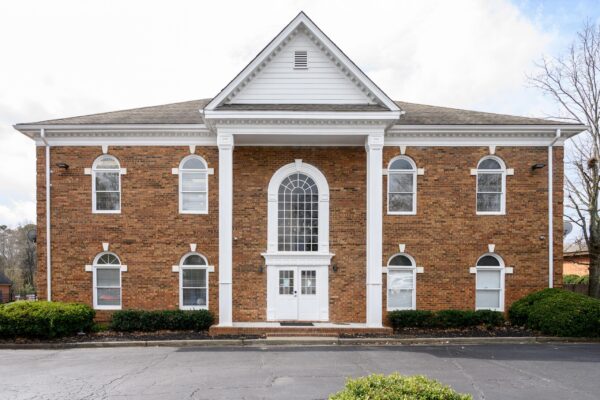




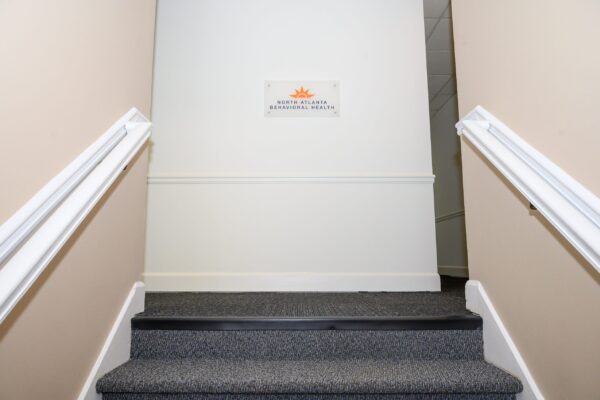
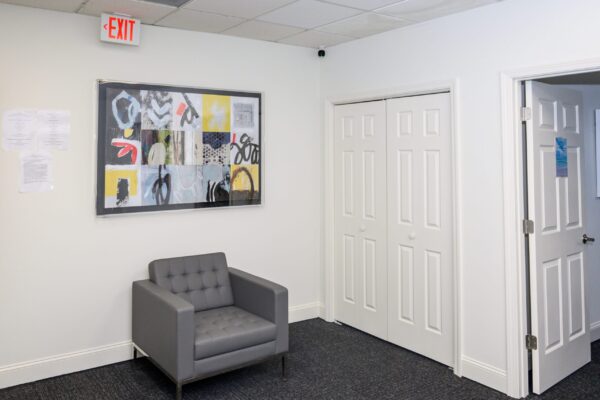
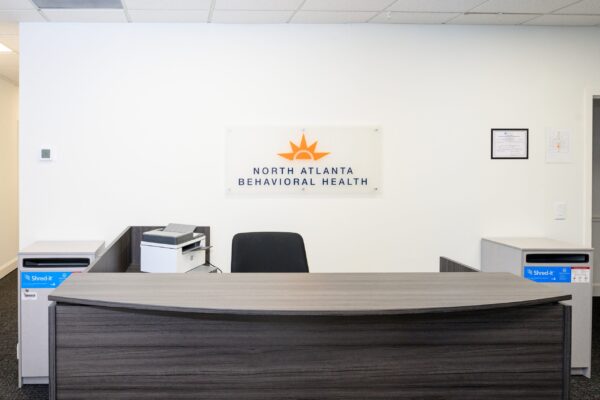

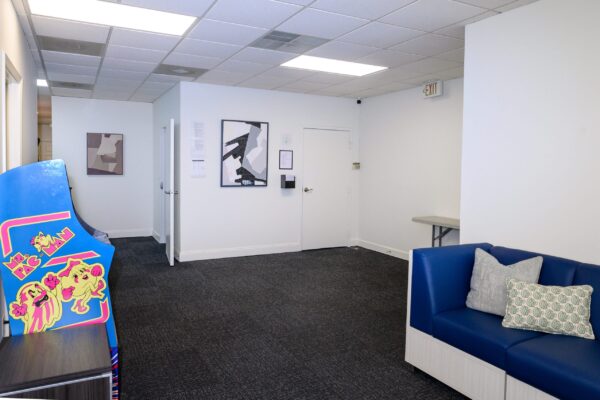
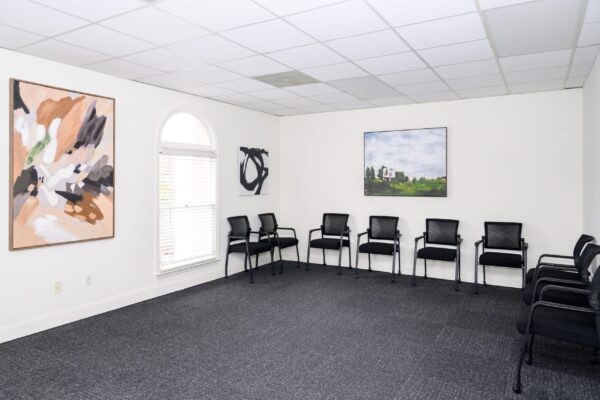

 I have been to my fair share of mental health programs and this one was extremely small, intimate and every staff member I have ever had contact with has been completely professional, compassionate, and caring.
I have been to my fair share of mental health programs and this one was extremely small, intimate and every staff member I have ever had contact with has been completely professional, compassionate, and caring.










